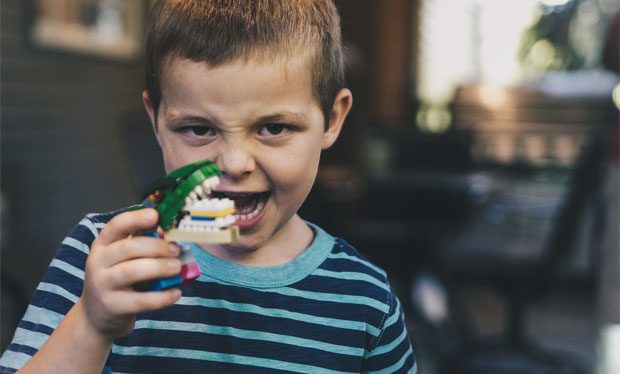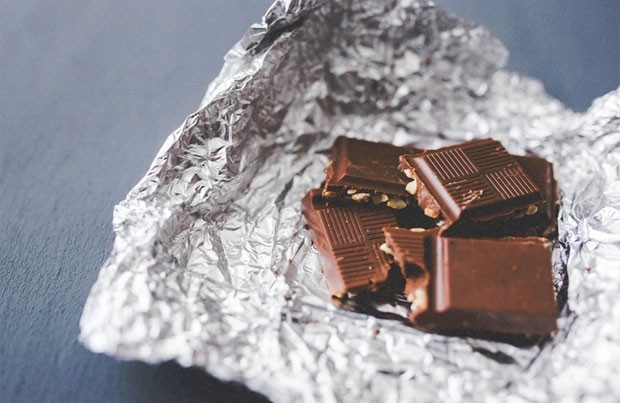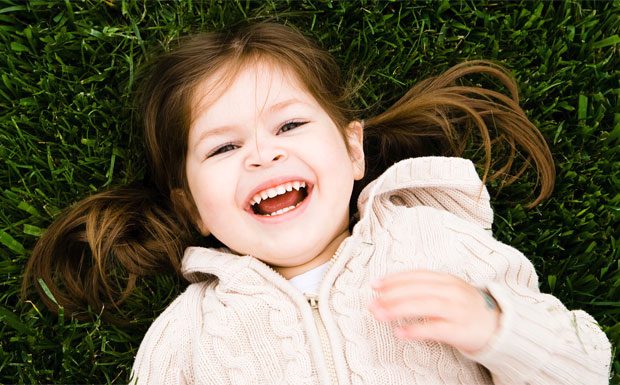How to Prevent Your Child From Grinding Their Teeth
How to Prevent Your Child From Grinding Their Teeth
Bruxism is the technical term for the condition that causes someone to grit or grind their teeth and it’s a particularly common problem for young children. This is often an unconscious activity that can trigger when you’re either awake or asleep and it can cause discomfort and even lasting damage.
If this is an involuntary condition, how do you help your child if they’re grinding their teeth? Luckily, there are both preventative and protective measures that you can take to help lessen the frequency of your child’s bruxism.
- Night Guards
Night guards are one of the top answers when it comes to dental safety and bruxism. However, it should be noted that this is a measure of protection rather than prevention. Wearing a night guard when they go to bed won’t stop a child’s tendency to grind their teeth. Instead, it just offers a layer of protection to keep their teeth from grinding against one another.
These guards come in multiple forms and high-quality options are usually adapted to fit your child’s needs and unique mouth. This helps the guard not only to work effectively but to be comfortable to wear as well.
While guards are primarily associated with nocturnal bruxism but some companies do develop thin, daytime sets.
- Controlling Stress Levels
There are plenty of causes that can exist behind bruxism but stress is a common choice. This is important to pay attention to because the potential of a child having high stress levels isn’t always thought of immediately, especially if the child is fairly young.
Making sure that you stay involved in your child’s life and offering them a safe space to relax and unwind are great starts to stress reduction. According to Psychology Today, taking measures such as encouraging routines and teaching persistence and imperfection are also great steps in the right direction.
- Watch What They Eat
Certain foods and drinks can increase the tendency to clench the jaw and grind the teeth. Primarily, you’re going to want to reduce the amount of caffeine in your child’s diet. Mainly, it’s best to exclude caffeine. This includes certain foods like chocolate just as much as a soft drink a cup of coffee for older children.
Habitual chewing can be trained to be less frequent as well. Avoiding gum can help reduce the habit. In addition, it’s a good idea to try to break the habit of chewing on non-food items such as pens or pencils.
- Relaxing Before Bed
While keeping stress generally low is a good standard to have, it can be especially helpful to relax before heading to bed. If your child abruptly switches from homework or roughhousing only to jump straight into bed, this can actually make their bruxism act up further.
The best way to do this is to take time to unwind before bed. This can be done in a number of ways including time set aside for reading, having a nighttime bath or shower routine, or even just quietly listening to calming music. Massaging your child’s jaw or applying a warm compress can also help to relax the muscles there, potentially
- Help Them Learn New Habits
A child grinding their teeth can sometimes be a problem as habitual as biting their nails or cracking their knuckles. Like these other behaviors, grinding their teeth may often happen subconsciously. So, you might see your little one gritting their teeth while they work on their homework and they might not even notice that they’re doing it.
It can help to point out to them when they’re biting their nails. This isn’t to punish them or berate them but rather to simply bring it to their attention and change the behavior. After all, it’s difficult to stop doing something if you aren’t even aware it’s happening. Not to mention, it’s always easier to tackle a problem like a bad habit when someone else is helping you to hold yourself accountable, regardless of age.
It can be frustrating and worrying to watch your child grind their teeth. The immediate discomfort that the problem can cause and the lasting damage aren’t things you want your child to have to deal with. You can use these preventative and protective measures to help mediate these negative effects. Or, just bring your child to the Dentist In Oakbrook Terrace to get them all checked up. Hope these tips help you to prevent your child from grinding their teeth!
Guest Article – Collaborative Article.









